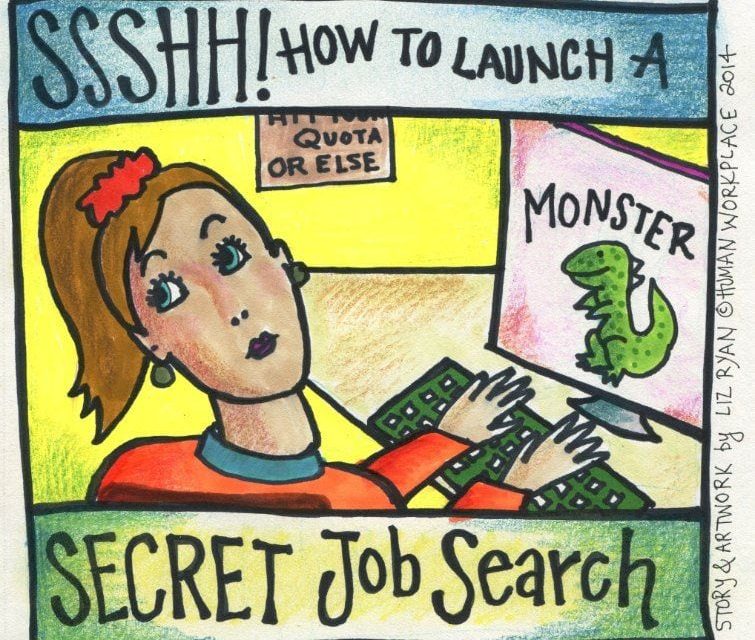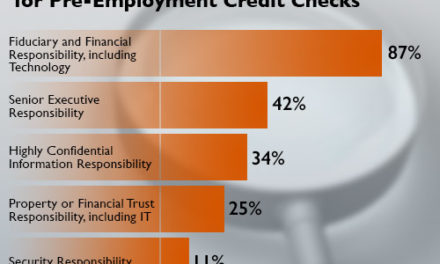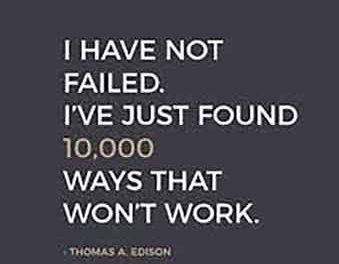Managing a job search while you are still employed (without your employer finding out)
It is always easier to find a job when you already have one because candidates who are working somewhere are more marketable and desirable than those who are not currently employed. A concept that is unfair, but often requested requirement from hiring companies, and it may become illegal in the future. For now, however, it is not a good idea to leave a job if you don’t have another to take its place. If you are currently employed, then this is a strong position to be in, and you should make good use of it.|The trick is to find the new job without letting your current employer know you are looking, which can be very tricky.
While it may be an excellent time to start looking for greener pastures, you do not want to risk losing your current job or straining a relationship with a boss or coworker. Below are some tips for job hunting on the down-low. Some of these are no-brainers, but sometimes we get lax.
Be discrete.
Even if something like that hasn’t happened in your workplace, don’t think that it can’t occur. Do not tell your co-workers that you are looking for a job. Also, if you work on a computer with Internet access, don’t search for jobs while at work. If you work on a computer with Internet access, don’t search for jobs while at work. You never know when someone is looking over your shoulder.
Also, use caution when changing online profiles on sites such as LinkedIn that will make it evident that you are searching for a new job. If you make revisions turn the notification status off until you are completed and never post your resume to the site directly.
Use Resources Wisely.
Aside from the danger of your co-workers finding out, it is not professional to use any of your current employer’s equipment in your job search. That includes using your employer’s telephone, a company blackberry, and even the old fax machine. Don’t use company email for correspondence, and please don’t put your company email address on your resume. You never know who is monitoring your system or may come across something you accidentally leave on the printer/fax/scanner. Use your email account if you have to send emails. If you have to make a call, do it on your cell phone and away from your co-workers. Reading Internet job listings at work is also not a good idea. Aside from the danger of your co-workers finding out, it is not professional to use any of your current employer’s equipment in your job search, which includes using your employer’s telephone, a company blackberry, and even the old fax machine.
References and Interviews.
Typically, you will use previous employers as a reference for a potential employer. Although it should be commons sense that no one contacts your current employer if you feel insecure in their process, mention that you must maintain confidentiality, which should not hurt your chances of getting the job.
Schedule job interviews around your current job if you can. Let your prospective employer know why you scheduled your meeting around your work schedule. A potential employer should appreciate your consideration for your current job and interpret it as a sign that you take your responsibility seriously. It isn’t always possible, and if you must take a day off, be sure and use a good excuse.
Conclusion.
It is always proper to maintain a cordial relationship with your boss and co-workers while looking for your new job. If you get a new job, it is not the time to tell off your boss or that co-worker who annoys you. Don’t close the door on them or burn bridges. You may need them as contacts for your references. And who knows, if your new job doesn’t work out, the door could still be open at your old job!
© Wordscapes® (David Turner). All Rights Reserved.




